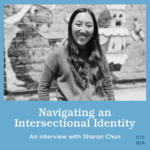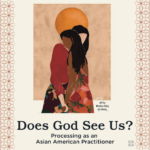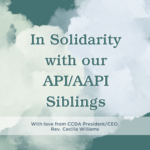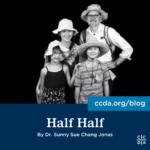A Reflection By Dr. Sunny Sue Chang Jonas
I had the unique opportunity to once talk with the governor of the Gyeonggi province (where Seoul is located), who is a colleague of my dad’s. He essentially offered during our shared meal, a chance for my husband and I to live in Korea for a short time, to launch an “American Village” near Seoul as both a tourist site and language immersion experience. The village would only speak English and highlight important parts of American culture (bookstores, dance clubs, coffee shops, etc.) as part of its internal commerce, all this in a timely manner for his re-election platform as the most internationally-minded and progressive candidate, first acquiring re-election as governor, then moving onto a presidential nomination later.
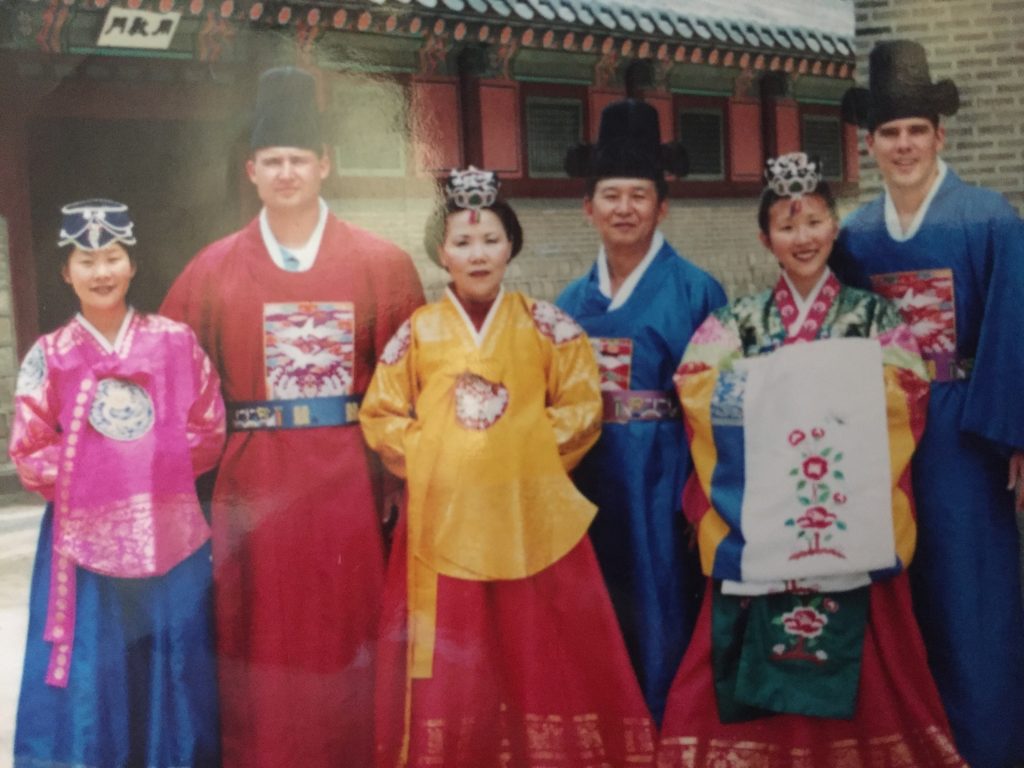
By then, this had been my fourth visit to Korea; this governor “wined and dined” us (the Korean wine equivalent being sake bomb-cocktails and multiple courses of different regional mushrooms both therapeutic and delicious.) The notion and terminology of what is called EIL, or English as an international language, — is already a present reality. But it also has its dark sides, hearkening back to American imperialism that can put the United States at an uppermost position/placement within a cultural hierarchy that does not, or at the very least, should not exist.
Historically, South Korea not only respects and reveres the United States, but in my opinion, it has a strange dynamic of mixed love and desire to acquire American attributes (language, international visibility, technology, etc.). There seems to be some resentment and competition in a longing to be just as strong and powerful. This deferential, even insecure, self-perception then manifests itself first as nationalism then in a hyper-nationalism and workaholism that both submits and defers to the United States’ perceived superiority, in its language, culture, etc.
We each have our personal narratives– this month of celebrating AAPI culture and people, and this reflection in particular, was a chance to think about my own identity and experiences in lenses that connect with Christian Community Development (CCD) ideals and principles. Although I have spent the last 18 years in Education as a teacher and administrator/principal, mostly in Title I/high poverty and Title III/ESL schools, working with students and teachers of mostly Black and Latino backgrounds, this month has given me opportunities to reflect on my own racial and social identities, and their implications on my work, home, and church environments.

I received my doctorate in Bilingual Education with fellowships at Harvard’s Women in Educational Leadership, Yale’s Center for Emotional Intelligences, and University of Chicago’s Human Capital and Economic Opportunity Center for Socioeconomic Inequalities. I studied refugee youth and principals serving English Learner students, while processing and reflecting on my own identity, my family’s, and my 2nd generation immigration status. Still, there’s nothing like the “double pandemic” of Covid-19 and social injustices to cause you to delve deeper into personal and societal reflection and human brokenness. It also connected me with others doing the same, and committed to the same dual-pronged work of loving God and loving neighbor.
One dear friend of 20+ years, Kathy Maskell, who is a pastor in Denver, said this: The Lord spoke really clearly to me at the beginning of 2020; He gave me the parable of the ten virgins, ultimately about being ready. In a lot of ways, I feel that that’s the same word for this year. I feel for the last 16 months, that’s my main question– how am I doing in terms of being ready for Jesus to return? Is my lamp filled, is my wick trimmed? How am I doing in terms of living my life as set apart yet still expecting to be a part of a party to welcome Jesus? A sense of urgency for something good to happen– a wedding party is supposed to be good, so it feels like a real discipline to be ready with a sense of hope– it’s been really challenging, but I feel like the Lord provided for me a sense of not relying on someone else to have your supplies for attending to your own heart and preparations. That’s been easier to do because at the very least, I’ve been prepared prophetically for hard work. It’s a consolation.
Another much newer friend, Alicia Hague, co-owner of Common Good Cocktail House, said this: There are concentric circles of challenges that have come with this season, but the acute incidences of violence against our AAPI community have challenged me to engage with myself and my community on a new, more vocal, level. It has me exhausted and invigorated at the same time!
I loved studying Benedict Anderson’s theory of imagined communities while writing my dissertation, and he was prophetically able to assert that our true heart’s communities were imagined, rather than physical borders and nation-states. I have sociological and emotional connections to groups like the cities of Wheaton, Chicago, Portland, and New Haven, as well as groups like World Relief, K-12 public schools, Vineyard and Alliance denominations, and CCDA. So, like many of you who have technological and sociological “imagined communities,” I felt strong kinship to the story of Roz Brewer, who spoke at a Spelman graduation commencement as an African-American woman CEO (Sam’s Club, Starbucks, Walgreens.- She said, about her leadership and presence in greater society: “We belong here. Get used to us.” Whether it be the particular intersectional identities of African-American women like Ms. Brewer, or my own as a 43 year old Korean-American Protestant Christian married woman from Illinois, or yours- whatever yours may be…we belong here, and make each of our spaces that we inhabit stronger.
As members of the AAPI community invest and receive from our concentric circles of influence and from our communities, we reflect on and live from our racial, linguistic, social and multifaceted, intersectional identities. We grieve and lament so much that has happened and will continue to happen. But we hope and rest and pray and worship and work as well, this month and onward.

